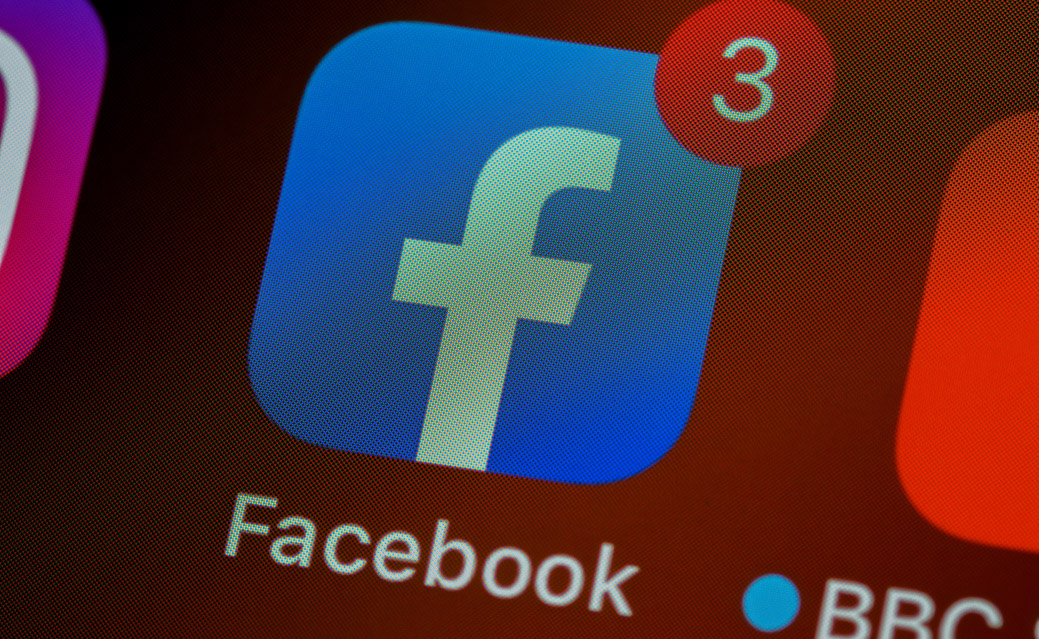Facebook’s testimony reveals the challenges of whistleblowing and why we should care
The lack of protection laws in the legal, corporate, and social world, pose a dangerous reality for whistleblowers.
On October 3, Facebook whistleblower Frances Haugen, a former Facebook Product Manager, leaked tens of thousands of pages of internal documents that indicated that not only was Facebook aware of how potentially harmful their platforms were, they had time and again failed to act. Even as Facebook argues that there is no correlation between their social media platforms and rising social issues like depression.
While the revelations of the leak may not have been news for many, these recent events have prompted a larger discussion on whistleblowing itself. Rising public perception seems to be that whistleblowers are no longer the “heroes” they once were. They are no longer perceived to be the crusaders in the dark, but rather figureheads of a hollow movement. But how much of this is because of the perceived futility of whistleblowing, rather than the fact that there is very little protection for these crusaders once the alarm is sounded?
Lieutenant Colonel Alexander Vindman, responsible for blowing the whistle on the now notorious phone call between United States President Donald Trump and the Ukraine President Volodymr Zelensky, was lauded by some as a patriot, putting everything at risk in order to fulfill his civic duty. His actions eventually led to him becoming a key witness in President Trump’s first impeachment trial. This, however, did not protect him from repercussions.
Just a few days after the end of the trial, both Vindman and his twin brother, also a Lieutenant Colonel who worked in the White House, were fired in what many saw as retaliation. This from a country that was ranked among the highest in terms of whistleblower protection laws, according to a global study of whistleblower protection litigation.
As some have noted, Haugen might never have blown the whistle if she were Canadian. According to the study, Canada is tied for having the world’s weakest whistleblower protection laws, possessing only one of the 20 criteria outlined.
This may seem like a small barrier. In the age of social media, when one has the ability to broadcast information from the palm of their hand, it may suggest that there has never been a safer time for whistleblowers to shed light on nefarious practices. The reality is that in countries with outdated or inadequate whistleblower protection laws, like Canada, potential whistleblowers are deterred from pointing the finger at those responsible.
In a time when power has never been more concentrated in just a few hands, this only contributes to a growing culture of silence. What seems like the golden age of whistleblowing is actually one of stigmatization, demotion, and weaponized non-disclosure agreements (NDAs).
In Canada, most of the body of legislation focuses on how to handle allegations, rather than whistleblower protection. In addition, whistleblowers have the almost impossible task of proving that their employer’s actions were intended as reprisals or retaliation.
Once cases are taken to the Public Servants Disclosure Protection Tribunal (if they even get there), the process is incredibly slow, and not without consequences. As of 2017, not a single person had ever completed the tribunal process. Were they to complete the process, whistleblowers are still limited; the Public Servants Disclosure Protection Act (PDSPA) does not allow private sector participants to be investigated or sanctioned.
This is to say nothing of protection for members of the Armed Forces, Canadian Security Intelligence Service (CSIS), and the Royal Canadian Mounted Police (RCMP). Protection for them is extremely limited or virtually non-existent.
“Gag orders” in the form of NDAs have also been on the rise. They have become the default problem-solver for institutions and organizations looking to cover up misconduct, abuse, and other violations.
So why does this matter? Why is whistleblower protection so important? This has been outlined in many websites and studies, tracing back to a singular message: whistleblowing serves a legal and public service. It allows issues that might never have reached the public eye to be brought forward—issues that only someone working on the inside can know, and with proof rather than speculation from the outside. By bringing issues to public attention, it helps ensure that damage to the public by a certain party can be minimized and that future harm can be avoided by holding parties accountable.

